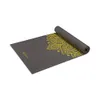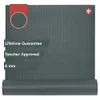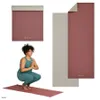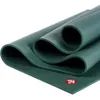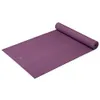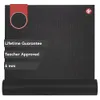
Here at Tom’s Guide our expert editors are committed to bringing you the best news, reviews and guides to help you stay informed and ahead of the curve!
You are now subscribed
Your newsletter sign-up was successful
Want to add more newsletters?

Daily (Mon-Sun)
Tom's Guide Daily
Sign up to get the latest updates on all of your favorite content! From cutting-edge tech news and the hottest streaming buzz to unbeatable deals on the best products and in-depth reviews, we’ve got you covered.

Weekly on Thursday
Tom's AI Guide
Be AI savvy with your weekly newsletter summing up all the biggest AI news you need to know. Plus, analysis from our AI editor and tips on how to use the latest AI tools!

Weekly on Friday
Tom's iGuide
Unlock the vast world of Apple news straight to your inbox. With coverage on everything from exciting product launches to essential software updates, this is your go-to source for the latest updates on all the best Apple content.

Weekly on Monday
Tom's Streaming Guide
Our weekly newsletter is expertly crafted to immerse you in the world of streaming. Stay updated on the latest releases and our top recommendations across your favorite streaming platforms.
Join the club
Get full access to premium articles, exclusive features and a growing list of member rewards.
You might not always have access to a space fully stocked with the best gym equipment when hitting your exercise mat for ab workouts. If weight training is off the table and you want to intensify core exercises, I’ve got you covered with three tips I use as a personal trainer.
Here are some simple techniques you can use, whether you enjoy the simplicity of crunches and sit-ups, or more technical abdominal exercises like the farmer’s walk and thrusters.
1. Create tension
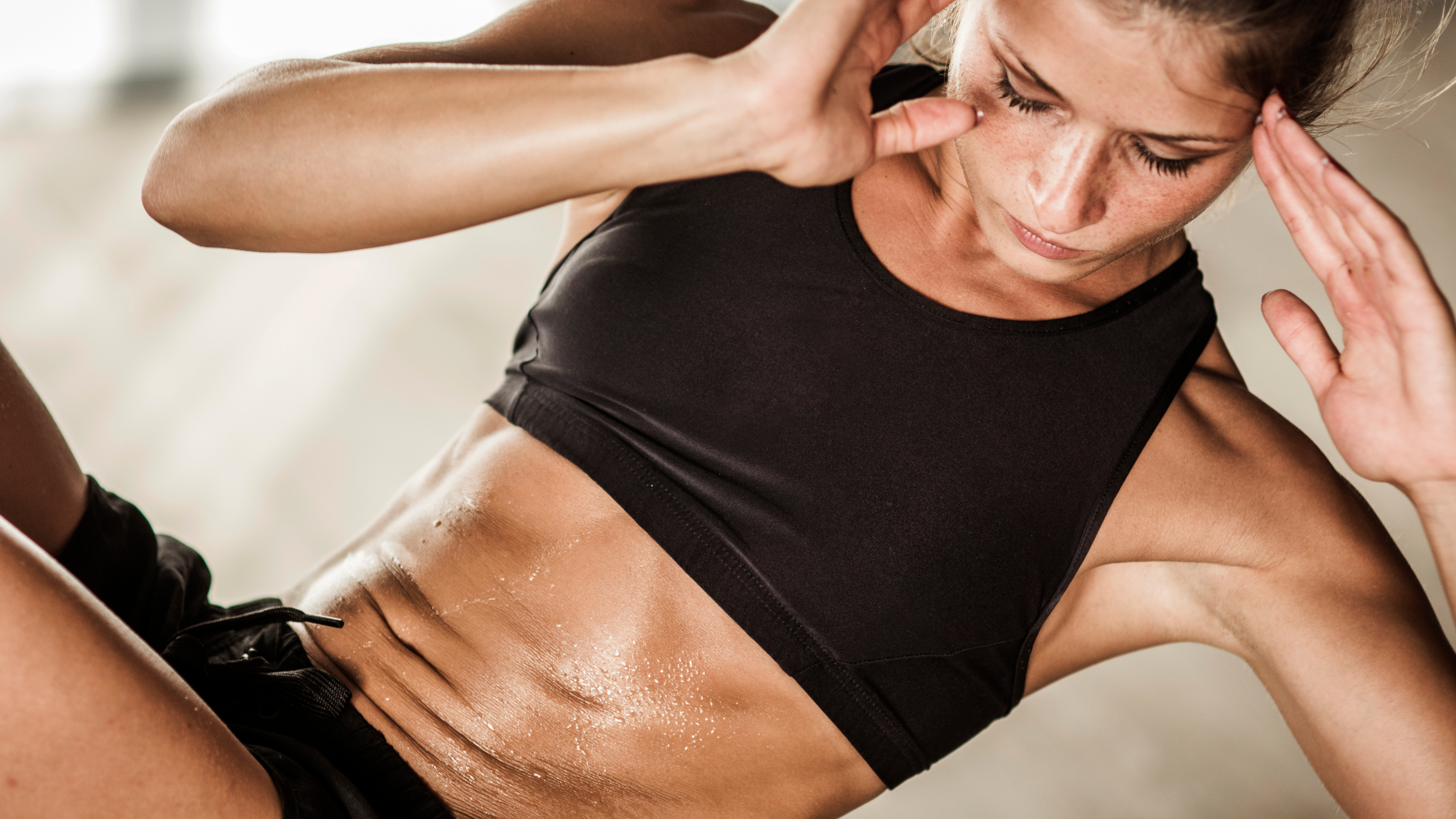
We don't mean you should make things awkward in the gym, by the way. Not that kind of tension. You can create abdominal tension without external resistance by adopting time under tension. I harp on about this all the time, but it truly is the gift that keeps giving in the fitness world.
If you’re unfamiliar with good old TUT, it means increasing the time your muscles spend active during exercises. Tempo training can work the muscles harder when undergoing unchanging amounts of resistance. In simple terms — slow it down.
Working muscles for longer can be done in several ways, such as high-rep or endurance training and simply counting while performing a move. In resistance training sessions, you can do this with most exercises using a three-phase tempo, which is how many coaches program with clients.
An exercise program might be written as 4-1-4. There’s the concentric phase of an exercise (when muscles shorten as they produce force against resistance, like as you crunch during crunches), the eccentric phase (when the muscle lengthens and resistance becomes greater than the force of the muscle) and the pause between.
Take Russian twists as an example. Rather than pedaling through your reps quickly, try counting for four seconds as you twist to one side, pause, then take four seconds to return to center, and so on.
Get instant access to breaking news, the hottest reviews, great deals and helpful tips.
It’s a brilliant way to build muscle without lifting heavier weights and improve your mind-muscle connection. Having a good understanding of what your core muscles are doing during workouts and mentally staying checked in will help you engage them properly, improve muscle recruitment as you move and add intensity.
2. Change it up
Like anything in life, you’ll get bored eventually if you don’t mix it up. If I asked you to eat cheese toasties every week for the rest of your life, at some point, cheese toasties won’t cut it anymore. The same goes for your abs workouts — your body needs more stimulation in the form of a challenge if you want muscles to respond, adapt and grow.
There are many ways to add intensity to abs workouts without weights, such as reducing the rest you take, increasing sets or reps, or including back-to-back exercises like supersets and giant sets — all will force your core muscles to work harder and longer.
I also recommend adding new exercises to your routine or advanced variations of existing exercises as you become more competent and your body adapts. If leg raises aren’t cutting it anymore, why not try hanging leg raises or change sit-ups to decline sit-ups?
Consider changing your program every few weeks and swap out exercises to keep them fresh. Here are some standing ab exercises and the best ab exercises you can do with sciatica to get you started. Plus, we’ve included some other core workouts you can try below.
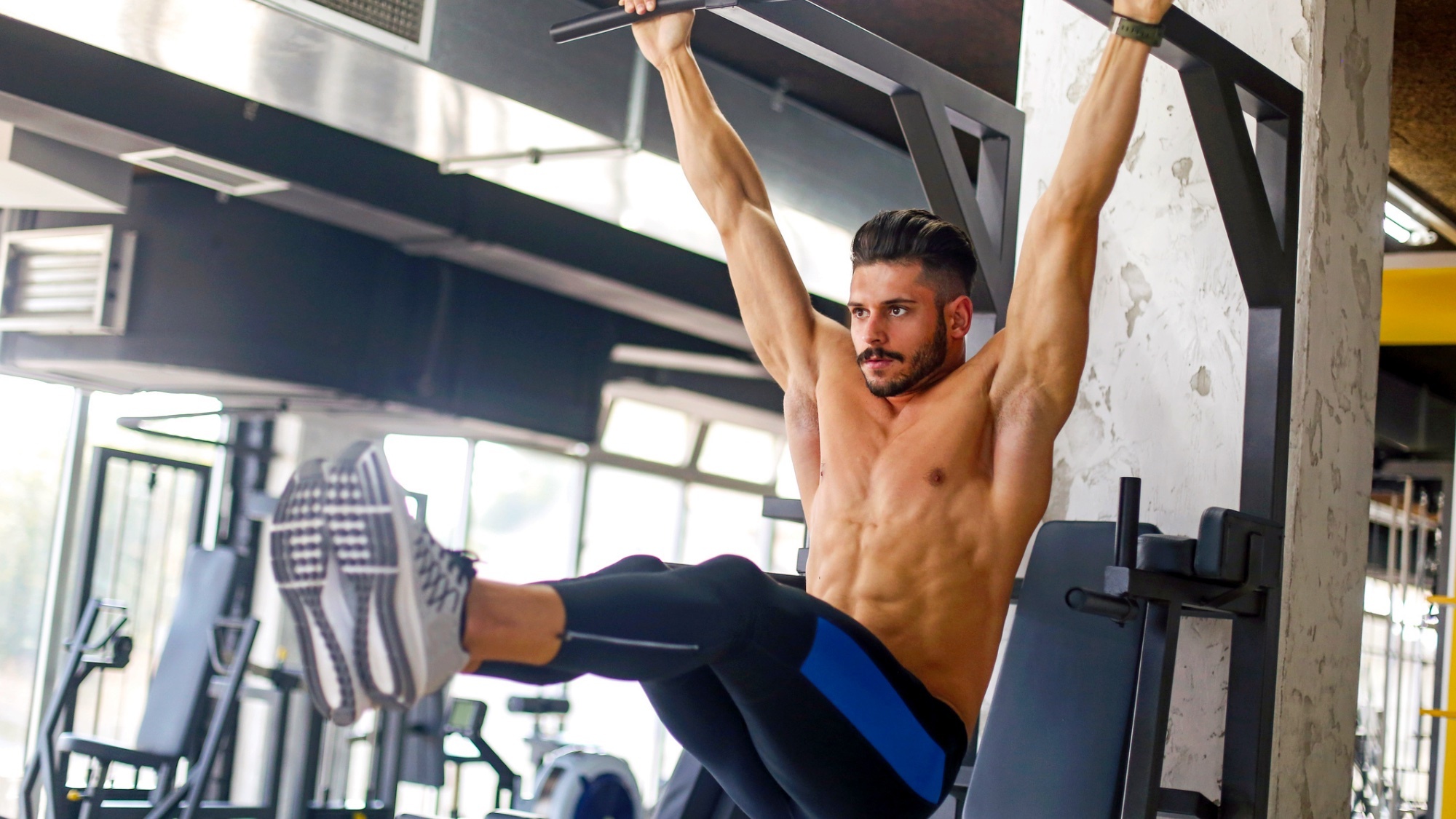
Another technique used in sports drills and team workouts involves multi-directional movement — moving in different directions; this can increase 360-degree core activation and teach your body to maintain stability, balance, and coordination while working in different planes of motion.
You could include agility tests, animal flow exercises or explosive movements like squat jumps, box jumps, or tuck jumps — all of which require plenty of core engagement and can increase muscular intensity tenfold.
One of my favorite drills is multi-directional sit-ups, done with a partner or alone. Perform a sit-up, lower to the ground, then on the next rep, sit-up with a gentle twist to the left. Lower again, then gently sit up to your right.
A partner can gently push you back down each rep; as you resist falling backward, your core muscles respond and engage to resist movement, similar to how the Pallof press uses anti-rotation to engage your core.
3. Focus on engagement
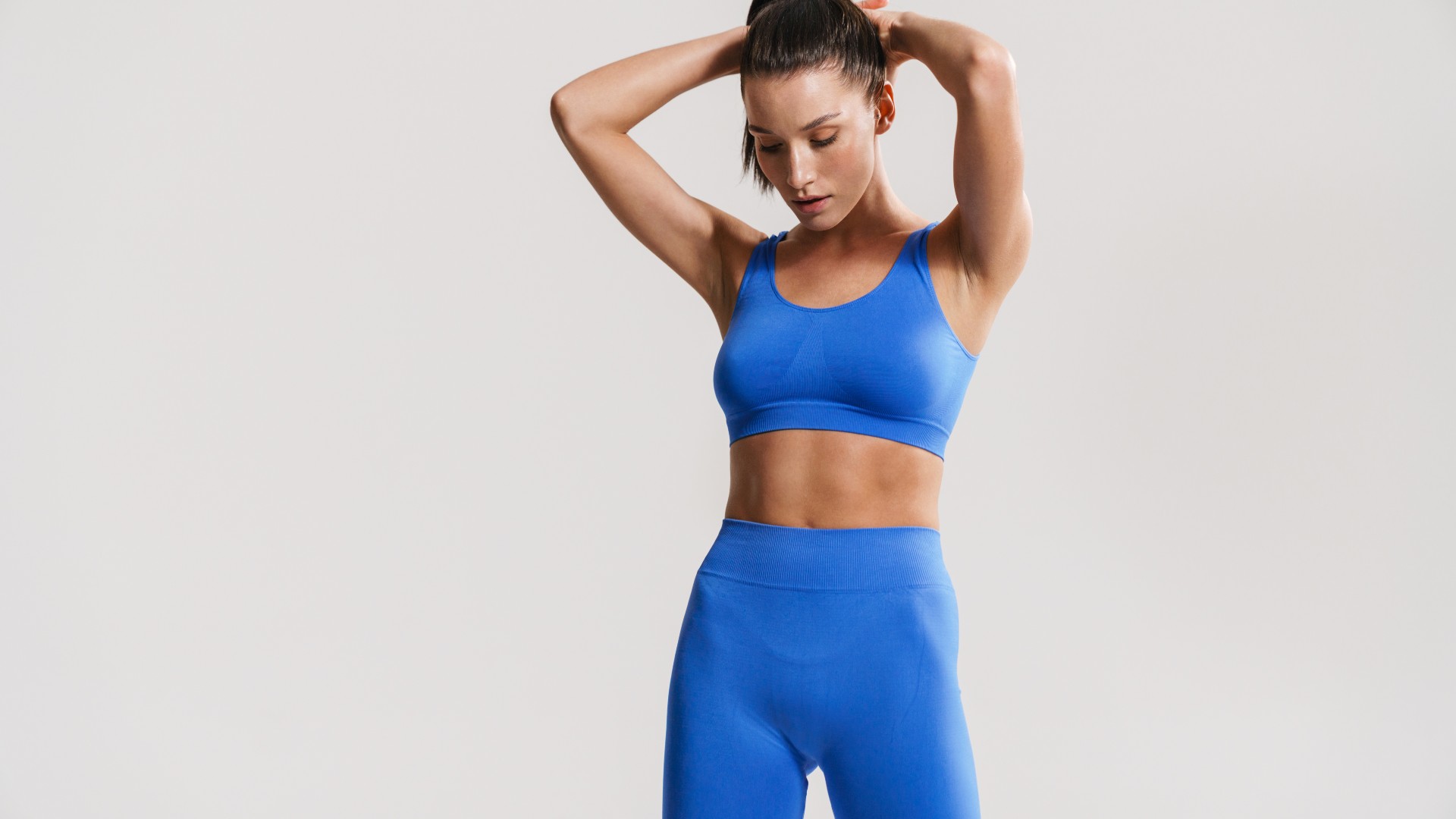
We’ve all heard the saying, “Engage your core,” but what does it mean? The rule of thumb is to exhale as your muscles produce the most force. I often tell people to gently suck the belly button toward your spine and brace as if expecting a punch to the stomach. Learning to do this before you exercise is the most important thing when working your abs.
During heavy weightlifting, some lifters use the Valsalva maneuver, which is similar to the act of blowing up a balloon. While generally reserved for more technical lifts, it can help stabilize your trunk and increase intra-abdominal pressure.
But there are some contraindications, so I recommend checking out the things I wish I had known as a deadlift beginner if you plan to learn the breathing technique.
Like anything in life, you’ll get bored eventually if you don’t mix it up.
You won’t be working on maximal lifting during bodyweight ab workouts, but you can still focus on engagement — gently squeeze your trunk throughout all phases of an exercise and remember to breathe diaphragmatically (expansively) rather than restricting it to your chest.
10-minute bodyweight ab workout to try
Why not take the three tips above and put them to use? Check out this plank-free 10-minute bodyweight ab workout created by Fit By Mik as a “friendly workout” for those who want to skip out on planks for once.
More from Tom's Guide
- Forget the Arnold press — build your upper body with 2 kettlebells and 1 resistance band
- Forget weights, 5 ab exercises you can do with a yoga block
- Forget crunches — build a stronger core with this 10-minute standing abs workout

Sam Hopes is a level 3 qualified trainer, a level 2 Reiki practitioner and fitness editor at Tom's Guide. She is also currently undertaking her Yoga For Athletes training course.
Sam has written for various fitness brands and websites over the years and has experience across brands at Future, such as Live Science, Fit&Well, Coach, and T3.
Having coached at fitness studios like F45 and Virgin Active and personal trained, Sam now primarily teaches outdoor bootcamps, bodyweight, calisthenics and kettlebells.
She also coaches mobility and flexibility classes several times a week and believes that true strength comes from a holistic approach to training your body.
Sam has completed two mixed doubles Hyrox competitions in London and the Netherlands and finished her first doubles attempt in 1:11.
 Club Benefits
Club Benefits










